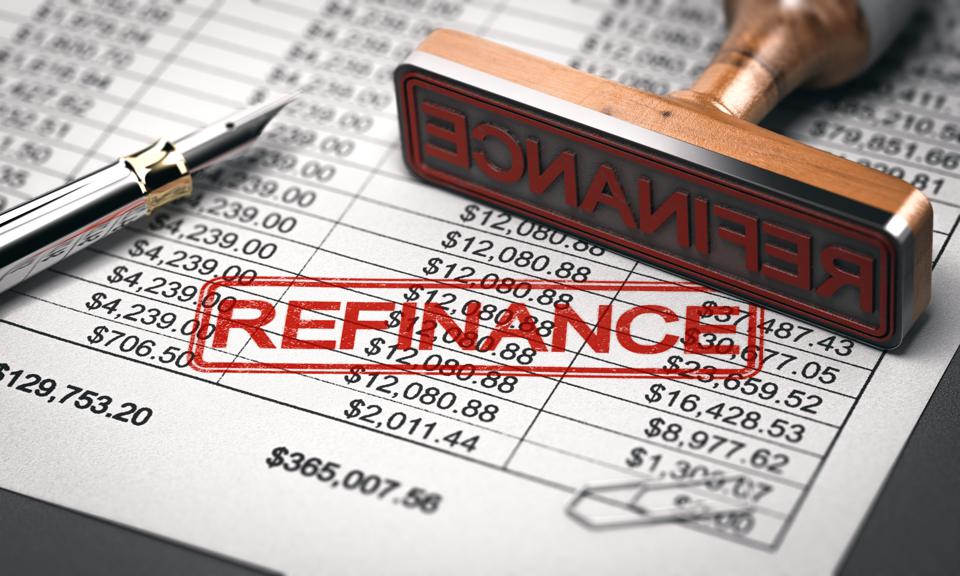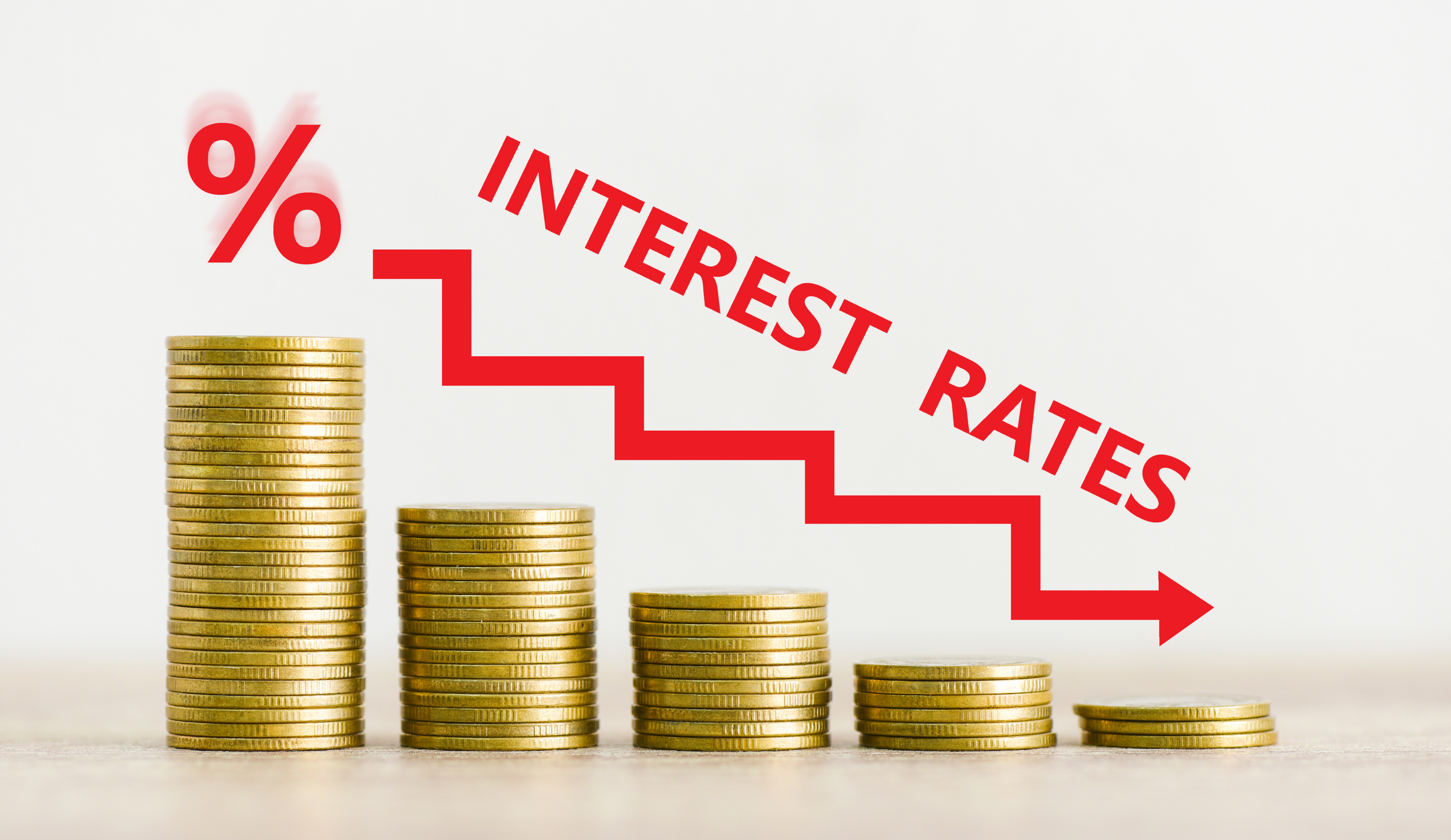Refinancing Mortgage Loan: What You Should Consider
This article discusses considerations for repricing with the present bank or refinancing to another bank or financial institution in a better interest rate environment
In Singapore, refinancing your mortgage loan means switching your property loan from one financial institution such as bank to another or converting an HDB loan to loan packages from a financial institution. The latter option also means that you will not be able to switch back to HDB loan in the future. On the other hand, repricing your property loan means going to your existing bank and switching to a more competitive loan package.
Ultimately, refinancing or repricing should lower the total interest paid on your property loan. Refinancing or repricing may not always guarantee savings, therefore home owners should take time to calculate costs before moving ahead. The big question many homeowners may have is whether or not they should refinance or reprice their existing mortgage, and if they do, how they should go about doing it. In this article, we will be covering just that!
1. Check your existing mortgage
Understanding your current housing package will help you better compare it with other loan packages. Check if it matches your current needs. For example, if it allows you to have more cash flow or if the existing loan tenure is suitable for you — you may want to increase or decrease it according to your financial situations.
If your housing loan is from a bank and at least in its third year, it might be a good time to consider refinancing or repricing as that is also the time bank loan packages usually raise interest rates.
Lastly, check for your mortgage lock-in period. Typically lasting one to three years, it stipulates the period borrowers have to be committed to their housing loan. Refinancing during a lock-in period incurs prepayment penalty (usually ranging from 0.75 per cent to 2 per cent of loan amount redeemed), cancellation fees (0.5 per cent to 2 per cent of loan amount cancelled), legal fees (about 0.4 per cent of loan amount), valuation fees and return of awarded cash subsidies. Therefore, only consider refinancing or repricing outside of the lock-in period.
2. Evaluate current and future interest rates
Generally, there are two types of interest rate structures that are available: fixed rates and floating rates. With a fixed rate package, the interest rate is locked in for one to five years before it is switched to a floating rate. In exchange for the stability, fixed interest rates tend to be slightly higher as compared to floating rates.
With a floating rate package, the interest rate fluctuates based on the SIBOR (Singapore Interbank Offered Rate) or the SOR (Swap Offer Rate). Home owners considering this package should only do so if they are able to keep track of the SIBOR or SOR on a regular basis and confident the rate would not increase significantly during the lock-in period. Although COVID-19 has brought about a financial crisis, there are benefits for home owners as central banks, like the United States’ Federal Reserve, slash interest rates in a bid to boost economic growth. As the SIBOR typically follows the United States’ Federal Reserve rates, banks in Singapore have followed suit in reducing housing loan interest rates. This circumstance may last for a while longer, therefore, it could also be an ideal time to look into repricing or refinancing property loans.
Please note that if your loan package is tied to SIBOR or SOR, do note that you should only redeem your loan on specific interest reset dates. For example, if you are taking a property loan that is pegged to three-month SIBOR on 1st January 2021 (the date of first loan disbursement) with lock-in period of 1 year, you may redeem the loan only specifically on 1st January 2022, or 3 months later 1st April 2022, or the following 3 months on 1st July 2022, and so on. This may not be an issue if you do not plan to sell your property anytime soon. If you are planning to sell your HDB flats, you may need to ensure the buyer or the buyer’s agent agrees on the this specific date as the completion date for the sale and purchase. As buyers and sellers of HDB resale flats are unable to pick completion date, both parties shall write in to the respective HDB resale officer to amend the completion date to match the interest reset date. For sale of private properties, seller or the seller’s agent can specify the completion date in the Option to Purchase (OTP) to match the next feasible interest reset date. If you do not follow this date, you will need to pay a penalty of between 0.5 per cent to 2 per cent of the loan amount you are redeeming.
3. Refinancing or repricing
Once you have an idea on your next housing loan package, it’s time to decide if you should refinance or reprice. Both do come with various costs. One thing to note for refinancing is that a new credit assessment will be necessary which means more paperwork to assess your financial background and property valuation. Depending on your housing loan packages, refinancing might cost around $1,500 to $2,500 in legal and valuation fees while repricing might cost around $500 to $800. There are also situations where repricing fees are waived by the bank or legal and valuations fees for refinancing are either partially or fully offset by banks in the forms of cash rebate. It is advisable to think about repricing before refinancing.
4. Check your current financial situation
There are regulations in place to ensure responsible borrowing such as the Total Debt Servicing Ratio (TDSR) and Mortgage Servicing Ratio (MSR). If there has been changes to your financial situation since you took out your previous housing loan package, do check that your debt to income ratio is feasible for your refinancing or repricing plans.
According to TDSR, your monthly debt cannot exceed 55% of your monthly income. Other than housing loan payments, your monthly debt also consists of credit card bills, student loans, car loans and so forth. For loan of HDB resale flats, 30% MSR applies. Mortgagor(s) of HDB flats cannot use more than 30% of their monthly income for monthly loan repayment. TDSR and MSR do not apply to refinancing of owner-occupied residential mortgages.
5. Ensure potential savings outweigh costs
This is the most important calculation of all. Your next housing loan package — whether it is at a fixed interest rate or floating interest rate, refinancing or repricing — has to save you money. You must not be afraid to crunch the numbers. If savings from the lower interest rates do save you money and offset the costs you need to fork out for refinancing or repricing, congratulations, you have achieved the ideal outcome.
If you are planning to sell your house in the near future, look out for mortgage packages that have short lock-in period such as 1 year, or packages that waive off penalty fees in the event of sale. As of time of writing this article, DBS Bank and UOB Bank do offer such packages.
Finally, keep in mind to review your housing loan once a year to check if it is still beneficial to you. Circumstances may change and there may be opportunities to capitalise on lower interest rates — especially after your housing lock-in period.
At Pinnacle Estate Agency, we strongly believe in sharing our real estate knowledge to the public. For more content like this article, check out our Singapore Property Guides.











